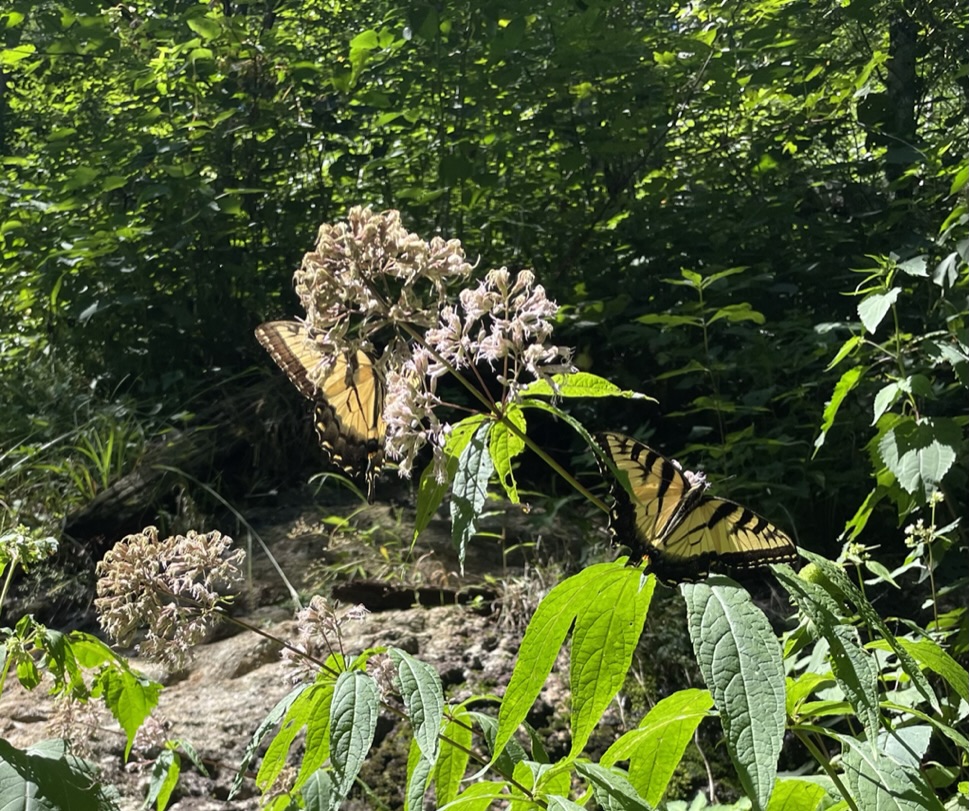
There is so much sorrow and grief in the world. There always has been. What matters is how we live with it. Do we give up, throw in the towel and despair, or can we have hope in one another? Can we take solace in the beauty of the world, in Her majesty and splendor?
When I am unsure, I rest in the present moment and give thanks for all that I have – hands to write with, lungs to breathe with, a heart and soul with which to give thanks and praise.
That’s all I need to live with grace – gratefulness in the moment.
Prayer for Knowledge I ask that the grace of Knowledge guide my thoughts and illuminate my awareness of all that transpires within the vast resources of my mind. Grant me the inner light to enter into a deeper knowledge of who I am and help me to listen to that still, small voice that is unlike any other, that I might recognize truth when it is being revealed to me. -- Caroline Myss, Defy Gravity, p. 156












